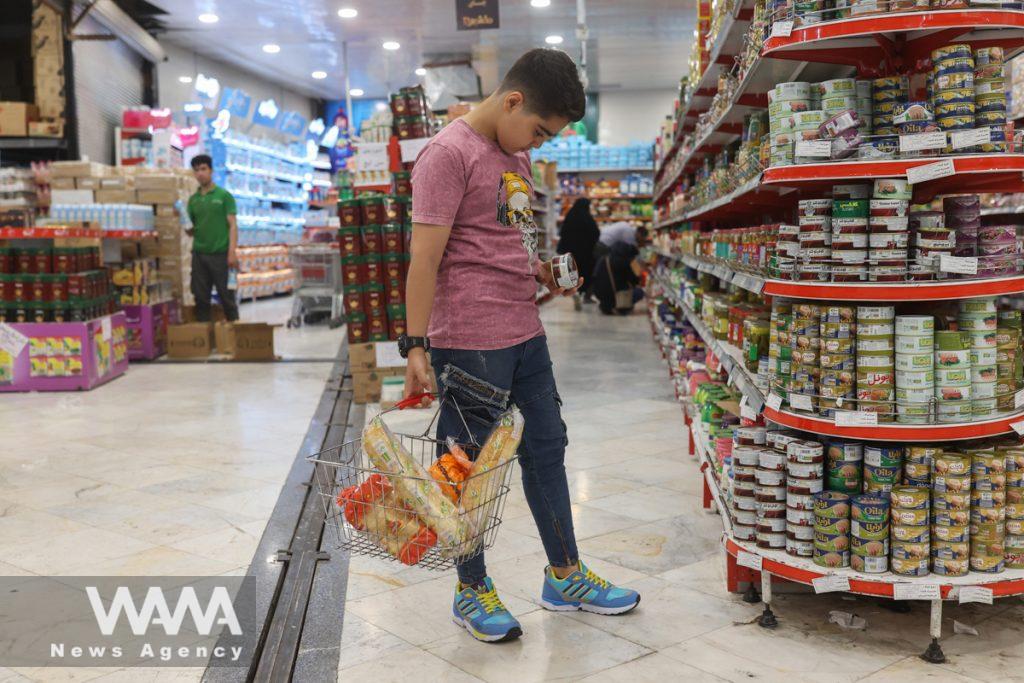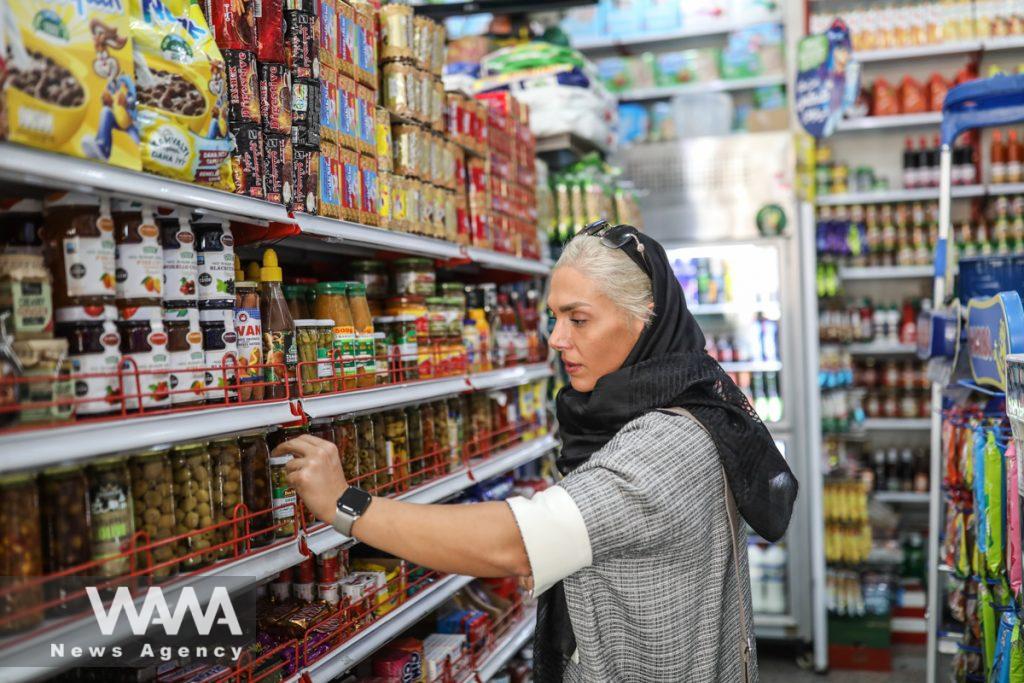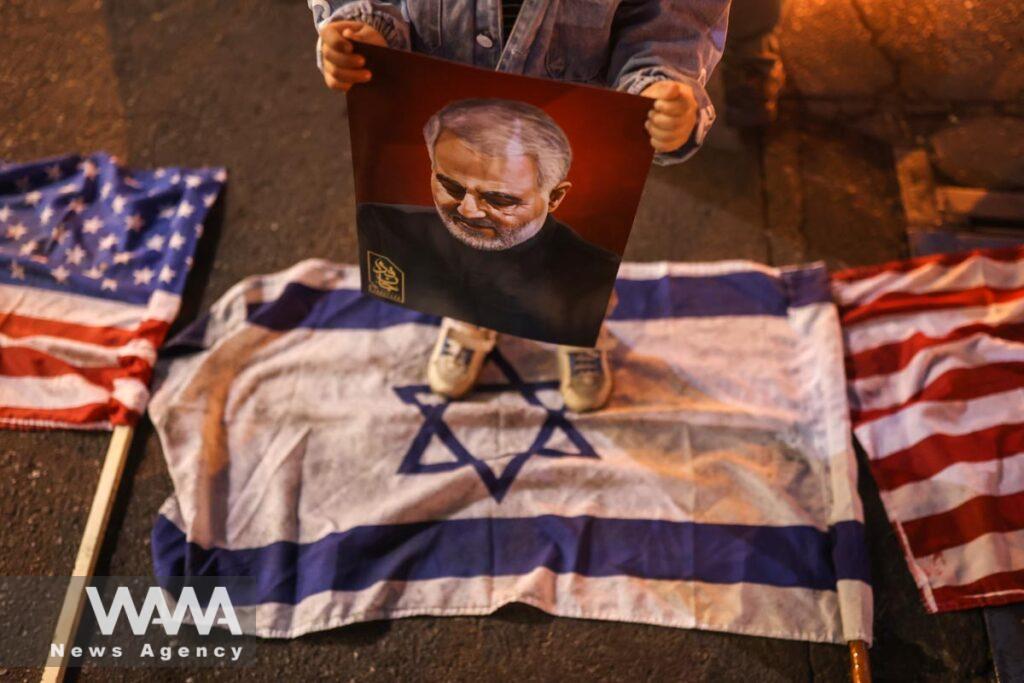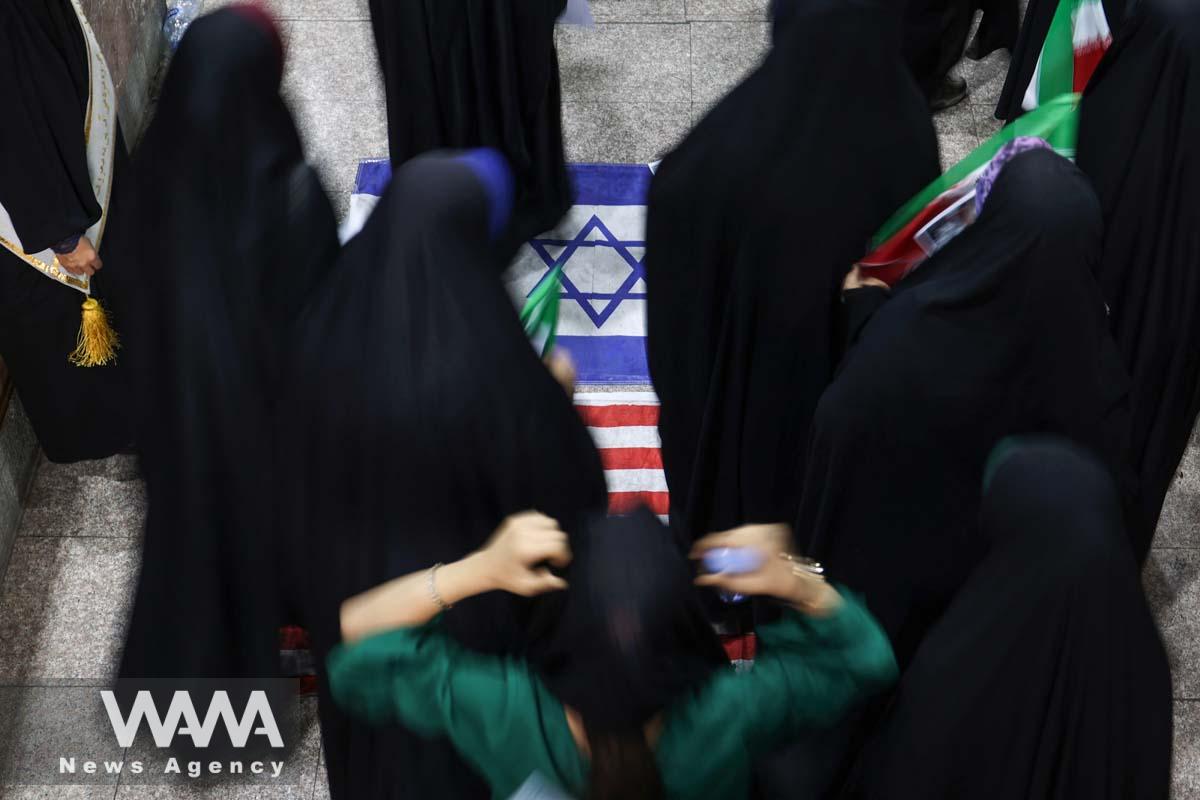Iran has joined Muslim Nations in Boycotting Israeli Products
WANA (Dec 17) – The ongoing conflict between Palestine and Israel has been making headlines worldwide, and it’s no surprise that tensions are running high.
In a show of solidarity with Palestine, several Muslim nations have since announced a boycott of Israeli goods. This move has gained much attention, as people worldwide are showing support for the cause. This time, unlike in previous conflicts, the call to embargo Zionist products is being taken seriously by many nations, especially those in the Islamic world. It’s a powerful statement that shows the world is paying attention to the plight of the Palestinian people.
Iran, like many other countries, has been a strong supporter of the Palestinian cause for a long time. About a month ago, the government’s Deputy Minister of Economic Diplomacy announced that Iran would begin boycotting Israeli goods. During the past few days, WANA reporters have been informed that the new list of prohibited Zionist goods has been announced and sent to the Trade Development Organization.
“After sending this list, the Ministry of Industry, Mines and Trade prohibits the registration of the announced goods,” Said Mehdi Safri, the Deputy Minister of Economic Diplomacy of the Ministry of Foreign Affairs of Iran.

An Iranian teenager buys in a supermarket after the increased prices of some goods, in Tehran, Iran May 17, 2022. Majid Asgaripour/WANA (West Asia News Agency)
This means that from now on, the process of import orders will officially have a new and apparently “strict” set of limitations, according to Mehdi Safari; “Now the trade development organization applies the necessary prohibitions when registering the import order.”
Indeed, those who take a stand by refusing Israeli goods will feel the boycott’s impact. While some countries have yet to join the movement, others remain steadfast in their convictions.
This boycott emphasizes the political complexities in the Middle East and highlights the deep-rooted tensions between Israel and its neighboring nations. It also serves as a reminder of the ongoing challenges in finding a peaceful resolution to the Israeli-Palestinian conflict.
Based on WANA’s interview with people in recent rallies, which were against Israel’s attack on Gaza, the people’s primary demand is severely punishing Tel Aviv through military force, and the slightest desire of most Iranians is to boycott Israeli goods.
In countries like Saudi Arabia and the UAE and other Arab and non-Arab Muslim countries, most of the goods in their markets are supplied from outside their nation, so boycotting Israeli goods can be practical. In Iran, the situation is slightly different because most of the goods that exist in the Iranian market and are among the daily necessities of the people are domestically made, and there are few foreign goods in supermarkets, so the participation of Iranians in the boycott of Israeli products cannot be as effective as other countries.

Mina, one of Iran’s female powerlifting champions, is seen shopping after the the official recognition of female powerlifting by the Iranian government at a supermarket west of Tehran, Iran October 2, 2020. Picture taken October 2, 2020. Majid Asgaripour/WANA (West Asia News Agency)
GLOBAL BOYCOTTING ISRAEL GOODS
Many of these nations have supported Palestine and its quest for statehood. Consequently, they’ve decided to refrain from importing products manufactured in Israel as a form of protest.
Countries including Egypt, Malaysia, Jordan, and Turkey have already taken action upon these embargos and have officially stated that Israeli goods will be gathered from many of their shelves.
This decision will likely have economic implications for Israel and the countries involved in the boycott. Israel exports various products, including technology, agriculture, and cosmetics, which might now face reduced demand from these nations.
It has been reported that national figures and civil institutions in Islamic countries have compiled a list of commercial brands. The list is said to include brands that have openly expressed their support for Israel or have ties to American, European, or Asian partners whose countries have supported the Zionist regime’s war efforts.
This list includes McDonald’s, Hardee’s, Burger King and Nestlé, Coca-Cola, Lipton, Starbucks, Hyundai cars, South Korea, “Tide” and “Ariel” brand detergents, and American cosmetic products “Kylie Jenner” and “Luria” and the information technology company “HP” and the IBM company, which produces and markets computer hardware, middleware and software, and sports clothing and accessories with the brands of “Nike” and “Puma”.

An Iranian child holds picture of the late Iranian Major-General Qassem Soleimani, during an anti-Israel protest in Tehran, Iran, October 20, 2023. Majid Asgaripour/WANA (West Asia News Agency)
WANA / Writing by S, Khezri. and R. Ganji contributed.













User comments